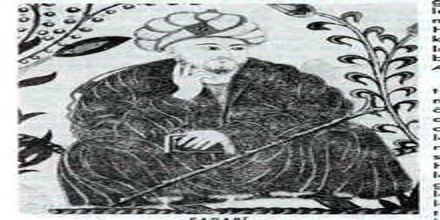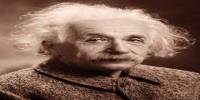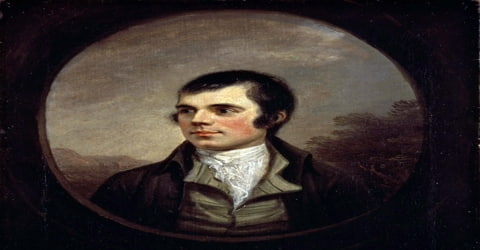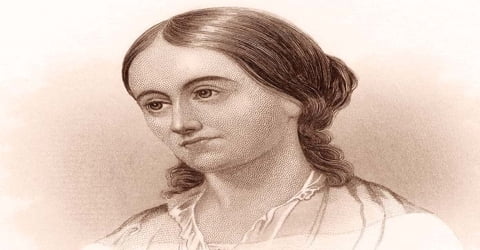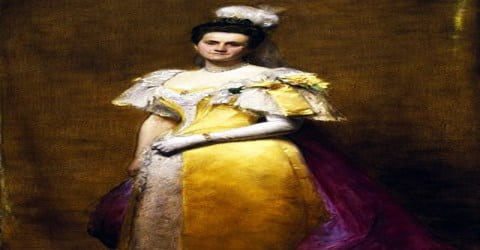Full name: Abu Nasr Muḥammad ibn Muḥammad Al Farabi.
Born: c. 872; Syr Darya in modern Kazakhstan or modern day Afghanistan.
Died: c. 950; Damascus
Ethnicity: Persian or Turkic
Era: Islamic Golden Age
Main interest(s): Metaphysics, Political philosophy, law, Logic, Music, Science, Ethics etc.
Notable work(s): kitāb al-mūsīqī al-kabīr (The Great Book Of Music), ārā ahl al-madīna al-fāḍila (The Virtuous City), kitāb iḥṣāʾ al-ʿulūm (On The Introduction Of Knowledge), kitāb iḥṣāʾ al-īqā’āt (Classification Of Rhythms)
Abu Nasr Muhammad al- Farabi, one the earliest Islamic intellectuals who were instrumental in transmitting the doctrines of Plato and Aristotle to the Muslim world, had a considerable influence on the later Islamic philosophers such as Avicenna.
He was an outstanding linguist who translated the Greek works on Aristotle and Plato and made a considerable additions to them of his own. He earned the nickname Mallim-e-Sani, which is translated as “second master” or “second teacher”.
Various legends have arisen about Al-Faribi, including that he was an expert in seventy languages, and that he was an alchemist who spent his life in search of everlasting youth and the formula to make gold. By some accounts he died a natural death in Damascus, but according to one story he was killed by bandits on the road from Damascus to Ascalon after making an unannounced visit to Sultan Seifeddoulet, where he charmed the court with his discourse and music, and then refused the Sultan’s invitation to stay.
Al-Farabi is also considered by many historians and critics to be the most important musical theorist of the Muslim world. He claimed to have written Kitab Musiqi al-Kabir (Grand Book of Music) to dispel what he felt was the erroneous assumptions of Pythagoras’s music of the spheres. Instead, Al-Farabi asserted that sound emanates from atmospheric vibrations. Other works of music theory include Styles in Music. Several of his scientific works, including The Classification of the Sciences and The Origin of the Sciences, contain essays focused on the physical and physiological principles of sound, including harmonics and acoustical vibrations. He is credited also for inventing the musical instruments rabab and quanun.
Contributions
Al-Farabi made notable contributions to the fields of mathematics, philosophy, medicine and music. Although many of his books have been lost, 117 are known to exist, including 43 on logic, 11 on metaphysics, seven on ethics, seven about political science, 11 commentaries, and 17 on music, medicine and sociology. His most famous work, al-Madina al-fadila (The Virtuous City), a treatise on sociology and political science, was highly original. Kitab al-Ihsa al ‘Ulum elaborated fundamental principles of science and suggested a system of classification. He also wrote a notable book on music, Kitab al-Musiqa(The Book of Music). He invented and played a variety of musical instruments and his pure Arabian tone system is still used in Arab music. Al-Farabi is also known for his demonstration of the existence of void in physics.
Early Life
It is known with certainty is that after finishing his early school years in Farab and Bukhara, Farabi arrived in Baghdad in 901 to pursue higher studies. He studied under the Nestorian Christian Abu Bishr Matta bin Yunus, a translator and logician, and later under Yuhanna bin Haylan in Harran. He mastered several languages and fields of knowledge, and was an accomplished musician. Al-Faribi lived through the reign of six Abbasid Caliphs. He traveled to Egypt, Damascus, Harran, and Aleppo (Halab) but always returned to Baghdad. In Aleppo he visited the court of Saif al-Daula and became a constant companion of the king, and it is said that most of his works were written there. In his earlier years he was a qadi (judge) but later became a teacher.
Farabi traveled to many distant lands throughout his life and gained many experiences a lot, due to which he made so many contributions for which he is still remembered and acknowledged. Inspite of facing many hardships, he worked with full dedication and made his name among the popular scientists of history.
Philosophy
Al-Farabi was the first Islamic philosopher to make a distinction between philosophy and religion. Claiming that reason, based on intellectual perception, was superior to revelation and imagination, he gave precedence to philosophy as a source of truth and guidance in the practical aspects of life, such as politics and sociology. He saw religion as a symbolic rendering of the truth, and aimed to reconcile the teachings of the Qu’ran with philosophical truth. Al-Farabi is best known for his Neoplatonist ideas, but he was also an Aristotelian; it is said that he read Aristotle’s On the Soul two hundred times and the Physics forty times. (He also relied heavily on the book Theology of Aristotle, which was eventually revealed to be the work of Plotinus, a Neoplatonic philosopher.) In his works, al-Farabi attempted to show the basic agreement between Aristotle and Plato on the creation of the universe, nature of the soul, and reward and punishment in the afterlife.
Metaphysics
Al-Farabi is considered the “father” of Islamic Neoplatonism. He replaced the Qu’ranic doctrine of creation ex nihilo with a Neoplatonic theory of the emanation of the universe from a Divine Being, characterized by al-Farabi as “the First,” in whom essence and existence are absolutely one. From this first Divine Being emanates the First Intellect, termed by al-Farabi “the Second.” This First Intellect, an immaterial substance, comprehends God and consequently produces a “Second Intellect.” It also comprehends its own essence and produces the body and soul of al-sama’ al-ula, the First Heaven. Each of the succeeding emanated intellects is associated with the generation of other astral phenomena such as the stars and planets.
Contributions and Achievements:
As a philosopher, Farabi was the first to separate philosophy from theology. It is difficult to find a philosopher both in Muslim and Christian world from Middle Ages onwards who has not been influenced by his views. He believed in a Supreme Being who had created the world through the exercise of balanced intelligence. He also asserted this same rational faculty to be the sole part of the human being that is immortal, and thus he set as the paramount human goal the development of that rational faculty. He considerably gave more attention to political theory as compared to any Islamic philosopher.
Later in his work, Al-Farabi laid down in Platonic fashion the qualities necessary for the ruler, he should be inclined to rule by good quality of a native character and exhibit the right attitude for such rule. At the heart of Al-Farabi’s political philosophy is the concept of happiness in which people cooperate to gain contentment. He followed the Greek example and the highest rank of happiness was allocated to his ideal sovereign whose soul was ‘united as it were with the Active Intellect’. Therefore Farabi served as a tremendous source of aspiration for intellectuals of the middle ages and made enormous contributions to the knowledge of his day, paving the way for the later philosopher and thinkers of the Muslim world.
Farabi also participated in writing books on early Muslim sociology and a notable book on music titled Kitab al-Musiqa (The Book of Music) which is in reality a study of the theory of Persian music of his day, although in the West it has been introduced as a book on Arab music. He invented several musical instruments, besides contributing to the knowledge of musical notes. It has been reported that he could play his instrument so well as to make people laugh or weep at will. Al-Farabi’s treatise Meanings of the Intellect dealt with music therapy, where he discussed the therapeutic effects of music on the soul.
Death
He suffered great hardships during his life, and at one time was the caretaker of a garden. He died around 950 C.E.
Reports on Al-Farabi’s death are unclear but often note he died around 950. Some historians believe that Al-Farabi died in Damascus, where he was traveling with Saifuddawlah’s court. Others write that he was killed by robbers while searching for the philosopher’s stone. The philosopher’s stone was a legendary substance sought by alchemists, which was believed to possess the properties to transform base metals into gold or silver. Regardless, he is believed to have written more than one-hundred books on a wide-range of scientific, musical, religious, and philosophical topics during his lifetime. Of these works, only one-fifth are believed to have survived.
